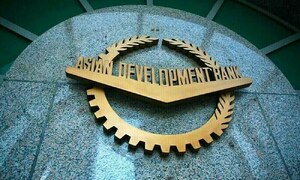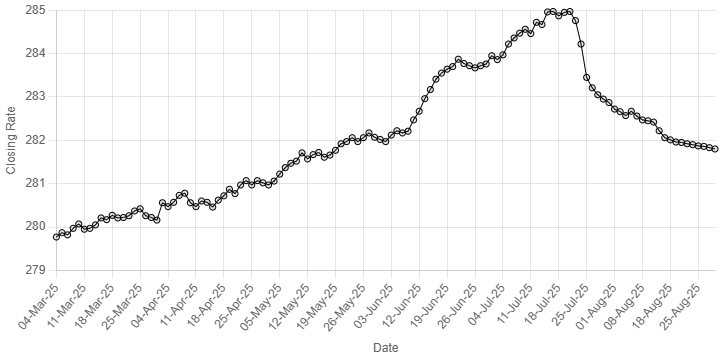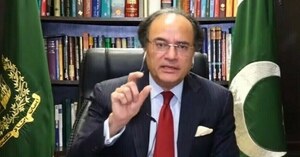Two Rwandan businessmen went on trial Monday before a Brussels criminal court for their alleged roles in the 1994 genocide in their country. The trial marks the second time that Belgium's so-called "universal competence" law has been invoked to bring suspects in the massacres, in which some 800,000 people were killed, to justice. Etienne Nzabonimana, 53, and his half brother, Samuel Ndashyikirwa, 43, dressed in dark suits, described themselves as "businessmen" when the presiding judge, Karin Gerard, asked them to give their names and professions. With a verdict expected on June 24, the two suspects face charges of war crimes, murder and attempted murder.
Questioning of the suspects, who face life sentences, was scheduled after the selection of jurors.
Witnesses say that the two "supervised" several attacks, including on a market, and churches. Several hundred people were killed in the massacres, which were carried out using machetes, grenades and rifles.
According to federal prosecutor Philippe Meire's indictment, the two men, who reject the charges against them, helped plan the genocide in the south-eastern region of Kibungo and let Hutu Interhamwe militia use their vehicles in the campaign against minority Tutus.
The 34-page indictment, which was read out Monday by lead prosecutor Alain Winants, is based on a 10-year investigation.
In a landmark June 2001 trial, a Brussels court gave four Rwandans, including two nuns, prison terms ranging from 12 to 20 years for their roles in the genocide.
The grounds for the second trial of Rwandans lie on a 1993 law which allows Belgian courts to judge suspects accused of war crimes, crimes against humanity and genocide, regardless of where the alleged acts were committed or the nationality of the accused or victims.
The law was watered down in 2003 under pressure from the United States, some of whose leaders faced lawsuits because of it.
But the changes have had no effect on the case of the two Rwandan suspects because they were both arrested in Belgium in 2002.
About half the 170 witnesses in the case are coming to Brussels for the trial.
Other witnesses, who are currently under detention or on parole in Rwanda, will give testimony by a video-link.
About 50,000 people are thought to have been killed in a little more than two weeks in April 1994 in Kibungo where Etienne Nzabonimana was a respected beer wholesaler. His half brother, who had a smaller business selling drinks, was also respected.
According to the United Nations, Hutu troops and extremist militias killed some 800,000 Tutsis and Hutus who opposed the slaughter sparked by the death in a plane crash of Hutu president Juvenal Habyarimana.
In addition to trials inside Rwanda, a specially created UN court in Arusha, Tanzania has also been handling trials of the leading suspects in the genocide since it was set up in 1994.
To date, it has convicted just 22 defendants and acquitted three.
A Swiss military court in Geneva also sentenced former mayor Fulgence Niyonteze to 14 years in prison for having broken the Geneva Convention.
BR100
15,085
Increased By
112.5 (0.75%)
BR30
44,012
Increased By
987.7 (2.3%)
KSE100
148,618
Increased By
1274.3 (0.86%)
KSE30
45,248
Increased By
370.7 (0.83%)





















Comments
Comments are closed.